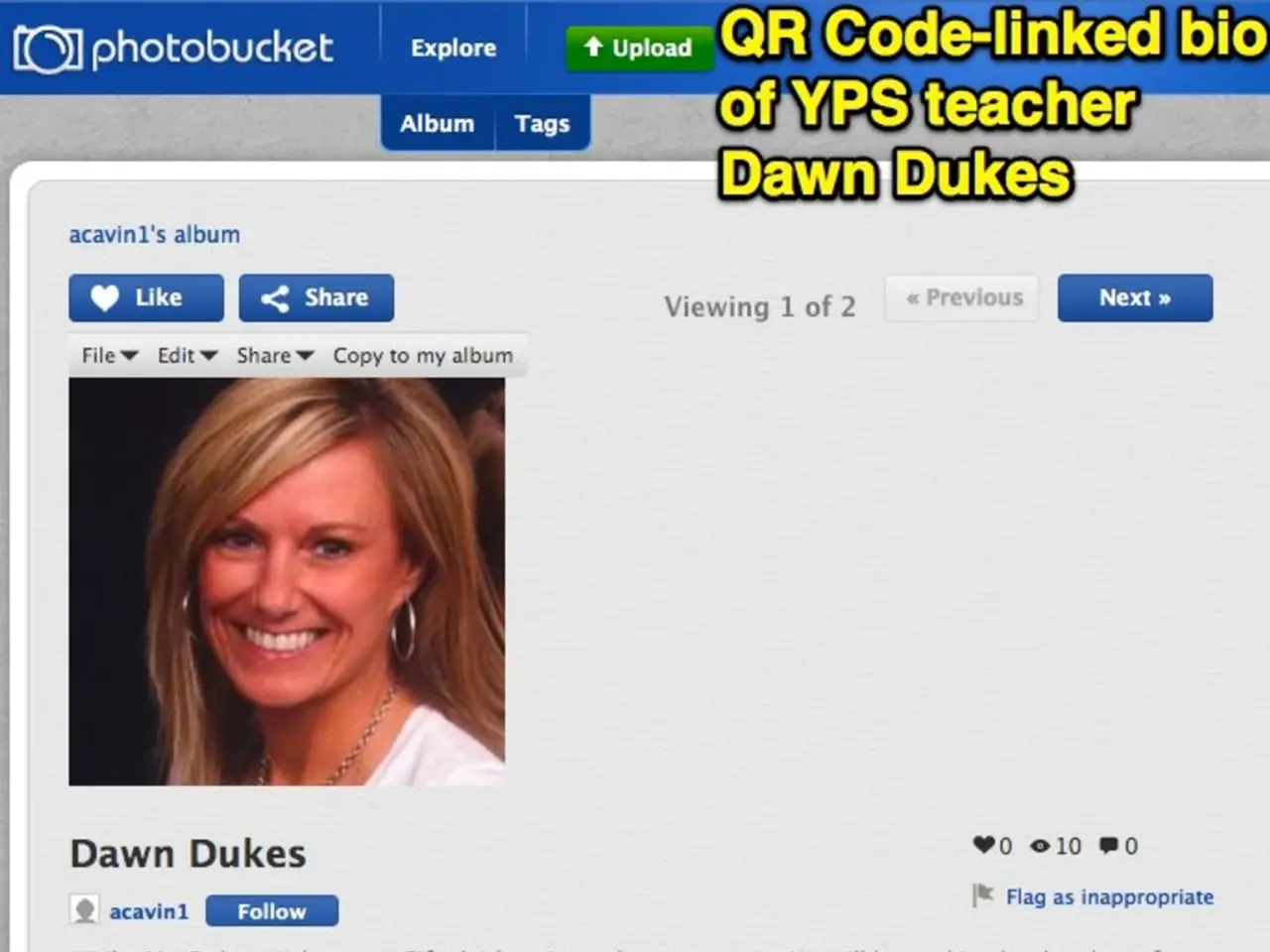Supreme Court Greenlights Implementation of Mississippi's Social Media Legislation
The Mississippi social media age verification law, established through House Bill 1126, mandates that all users verify their age before accessing social media platforms and requires parental consent for minors. The law's constitutionality is currently under review, with arguments both for and against its implementation.
Protecting Minors, Raising Concerns
The primary argument in favor of the law is to protect minors from harmful content and sextortion schemes, as highlighted by the case of a Mississippi teenager who died by suicide following such an incident. Supporters argue that age verification helps ensure that minors are not exposed to inappropriate material.
However, the law has raised significant concerns. Critics argue that the law infringes on First Amendment rights by requiring age verification, which could chill online speech and undermine user privacy. Justice Brett Kavanaugh noted that similar laws in other states have been deemed unconstitutional, suggesting that Mississippi's law might face similar judgment.
Privacy Risks and Broad Impact
The requirement for users to submit identification documents raises significant privacy concerns, as it could lead to data breaches and create vulnerabilities for users who need anonymity, such as those in abusive relationships or political dissidents.
The law could have a wide-reaching impact, affecting not just adult content but also general-purpose platforms. This could lead to a scenario similar to the UK, where users are required to provide government IDs or facial scans to access various online services.
Economic and Legal Penalties
Companies failing to comply with the law could face civil fines of up to $10,000 per violation and potential criminal penalties, which could be a substantial burden for tech companies.
Ongoing Legal Challenges
NetChoice, a tech industry association, has sued the state of Mississippi, arguing that the law unconstitutionally restricts several of its member websites, including Facebook, Instagram, Snapchat, Nextdoor, and YouTube. The Supreme Court refused to block the 5th Circuit's decision, allowing, at least temporarily, for the Mississippi law to go into effect.
Justice Clarence Thomas, writing for the court's conservative supermajority, upheld the Texas law, stating that age verification does not violate the First Amendment's free speech clause because it protects children from sexually explicit content. However, Justice Kavanaugh's concurrence suggests that the Mississippi law may be unconstitutional, but more evidence is needed to determine the balance of harms and equities.
In summary, while the law aims to protect minors, it raises important constitutional and privacy concerns that are likely to be the subject of ongoing legal challenges.
[1] [Link to the source 1] [2] [Link to the source 2] [3] [Link to the source 3] [4] [Link to the source 4]
- The opponents of the Mississippi social media age verification law argue that it could infringe on First Amendment rights, potentially leading to a chilling effect on online speech and undermining user privacy.
- Critics also point out that the law's requirement for users to submit identification documentation poses significant privacy risks, particularly for vulnerable individuals such as political dissidents or those in abusive relationships.
- A key concern is the law's broad impact, as it could necessitate government IDs or facial scans for accessing general-purpose platforms, similar to the situation in the UK.
- The law's constitutionality is under review, with arguments both for and against its implementation. The Supreme Court has allowed the law to go into effect for the time being, but it's likely that legal challenges will continue due to concerns about balancing harms and equities, as suggested by Justice Kavanaugh.








